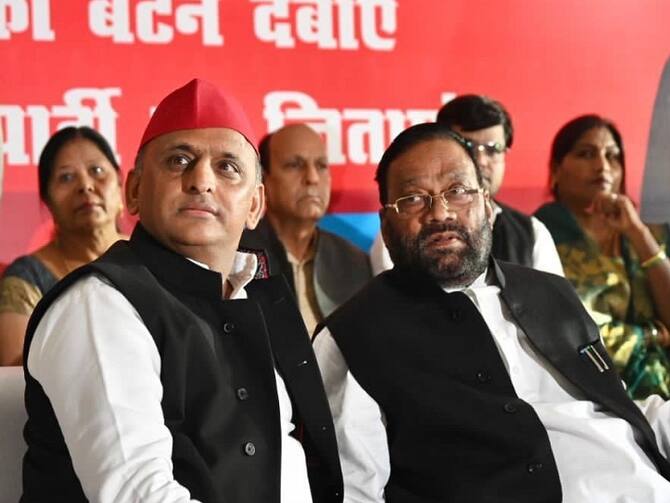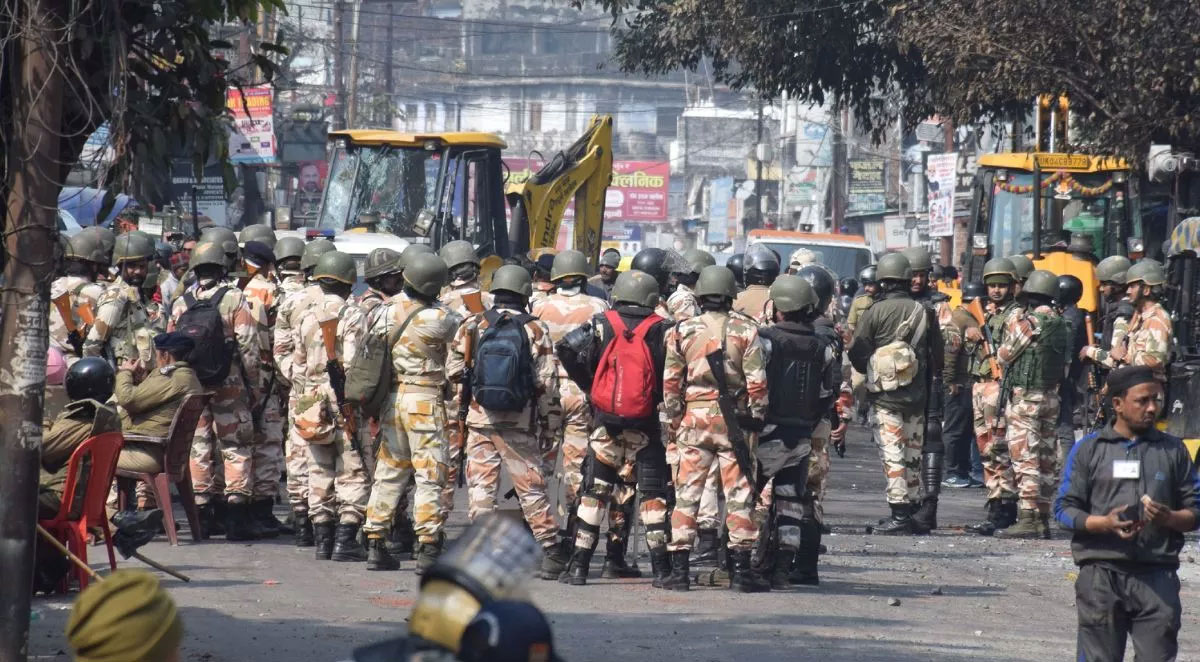It is heartening to find that Dr B.R. Ambedkar’s revolutionary book Annihilation of Caste continues to be a major talking point in the country. Famous author Arundhati Roy has come out with a long introduction to the book, which has been published by Navayana.
 The book – especially its introduction – has drawn praise from all quarters. But a section of Dalit writers has raised questions about Arundhati’s introduction. Their logic is that a non-Dalit writer like Arundhati has no business writing on the issue and that she has no right to place Ambedkar lower than Gandhi. The release function of the book in Hyderabad had to be postponed due to their opposition and that is something that cannot be condoned. Arundhati Roy is a respected writer and she has been writing on subjects as diverse as the nuclear tests, Narmada agitation, Naxalism and Kashmir. She has supported her views on these sentitive issues with cogent arguments and the intellectual class of the country has great respect for her. Unlike many of the present-day intellectuals, she is not diffident. She has the courage of conviction and does not hesitate in airing her views from any platform.
The book – especially its introduction – has drawn praise from all quarters. But a section of Dalit writers has raised questions about Arundhati’s introduction. Their logic is that a non-Dalit writer like Arundhati has no business writing on the issue and that she has no right to place Ambedkar lower than Gandhi. The release function of the book in Hyderabad had to be postponed due to their opposition and that is something that cannot be condoned. Arundhati Roy is a respected writer and she has been writing on subjects as diverse as the nuclear tests, Narmada agitation, Naxalism and Kashmir. She has supported her views on these sentitive issues with cogent arguments and the intellectual class of the country has great respect for her. Unlike many of the present-day intellectuals, she is not diffident. She has the courage of conviction and does not hesitate in airing her views from any platform.
That a lot of hard work has gone into her writing the introduction is very apparent. S. Anand had given her a copy of Ambedkar’s book several years ago. She has deeply researched the contours of the caste system as also Gandhi’s views on the subject during his fifty-year-long political career. She has reached her conclusions after much deliberation and study. In an interview with Saba Naqvi of Outlook she praises Ambedkar’s book and recommends it as a must-read. In the same interview, she has also said that her critical comments on Gandhi may offend some but arguments and discourse are the key to finding the solution to any problem and that the caste system is at the root of the problems confronting the nation.
It is difficult to imagine how the Dalit intellectuals have arrived at the conclusion that she is inclined towards Gandhi. Even more preposterous is their stand that only Dalits can write on Ambedkar’s discourse on caste. In her long, well-researched introduction, Arundhati says that as far as the issue of caste is concerned, Ambedkar was a better thinker than Gandhi. She says Ambedkar deserves the credit for triggering the rebellion against caste in the country.

Those attacking Arundhati on the Dalit / non-Dalit issue are akin to the worthies of the ‘Jaat-Paat Todak Mandal’ who invited Ambedkar to speak but developed cold feet when they learnt what Ambedkar was going to say. But that did not deter Ambedkar. He got his speech published in the form of a booklet and ensured its wide circulation. Gandhiji himself read the book and advised others to read it. In this respect, Gandhiji was an ideal democrat. Arundhati Roy has also admitted in her introduction that you might find a hundred faults in Gandhi but he was not a hypocrite. In fact, he was outspoken and liberal to a fault. Arundhati has deeply studied Gandhi’s role and views regarding the caste system right from 1893, when he reached South Africa, up to the Poona Pact, through what he did and what he said. Arundhati has also dwelt on issues such as reservation. She asks when 70 per cent Dalits never go to schools and when only two per cent of them are graduates, how can reservations secure them partnership in power? Charging her with not having understood the caste system and its ramifications, when she has studied and researched the topic so diligently, is against the democracy of thought. In fact, one feels that more and more savarnas should write on Ambedkar and his thoughts. Our objective must be to obliterate caste and not to promote bullheadedness and rigidity, which are the hallmarks of the caste system.
Published in the September 2014 issue of the Forward Press magazine
Forward Press also publishes books on Bahujan issues. Forward Press Books sheds light on the widespread problems as well as the finer aspects of Bahujan (Dalit, OBC, Adivasi, Nomadic, Pasmanda) society, culture, literature and politics. Contact us for a list of FP Books’ titles and to order. Mobile: +919968527911, Email: info@forwardmagazine.in)
The titles from Forward Press Books are also available on Kindle and these e-books cost less than their print versions. Browse and buy:





